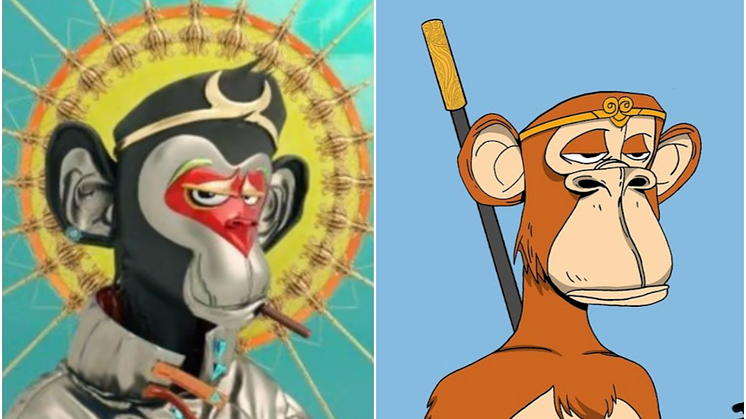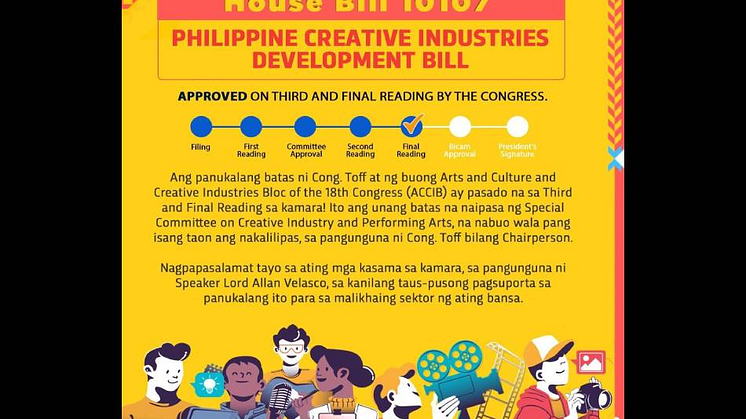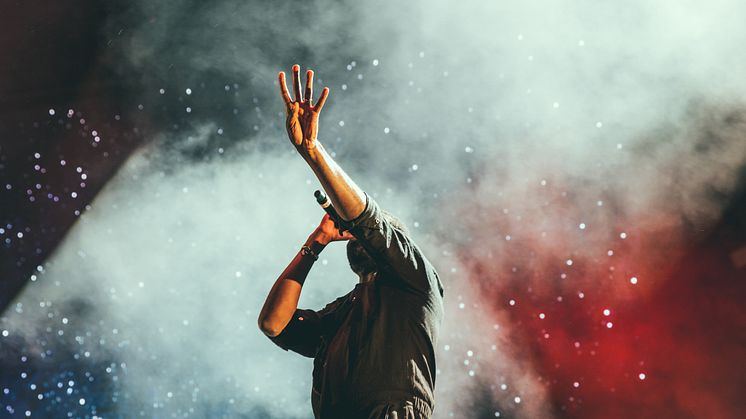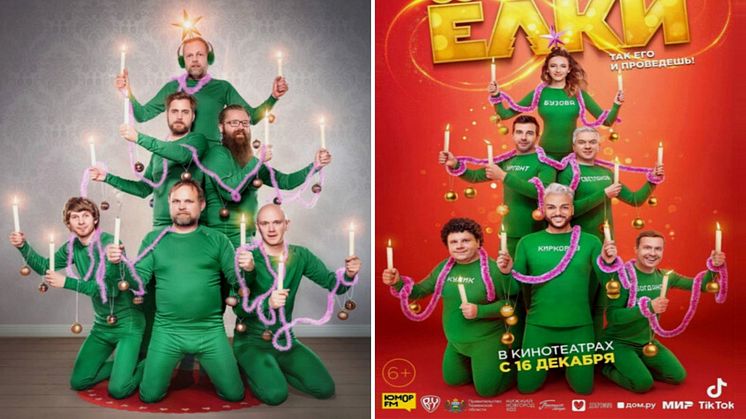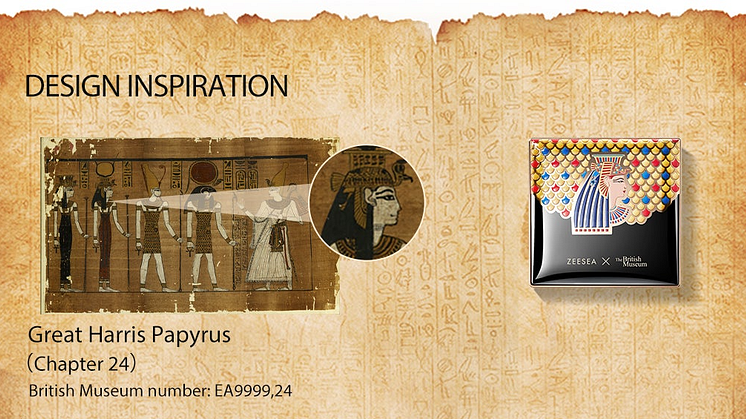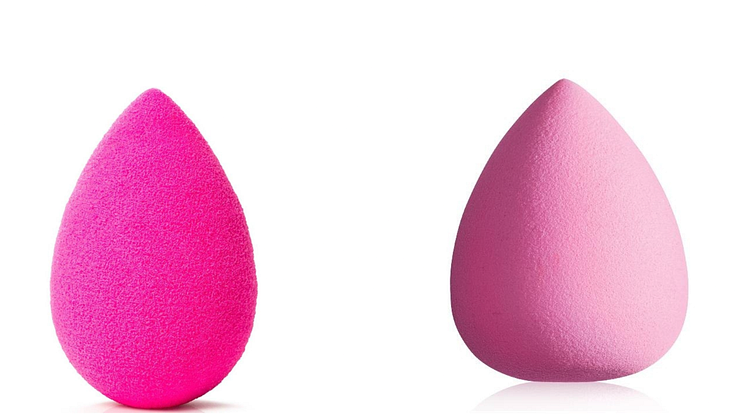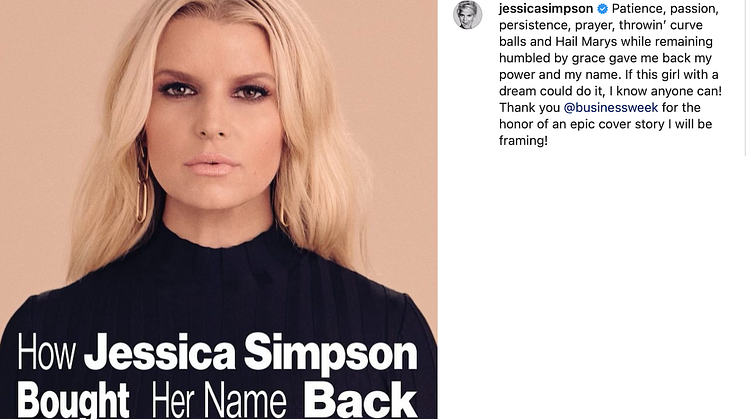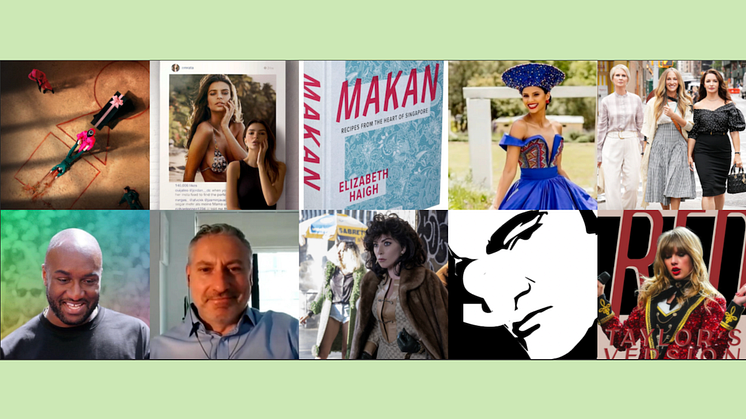Rip-off or not: Bored Ape Yacht Club vs Bored Wukong
Another day, another kerfuffle in the world of non-fungible tokens (NFTs) — and this time, the fuss is all about cartoon monkeys.
The Bored Ape Yacht Club is an NFT project that has attracted a lot of interest from celebrities. It comprises a collection of 10,000 illustrations of apes, and digital ownership of these gives buyers bragging rights, the ability to monetise their ape avatars v
